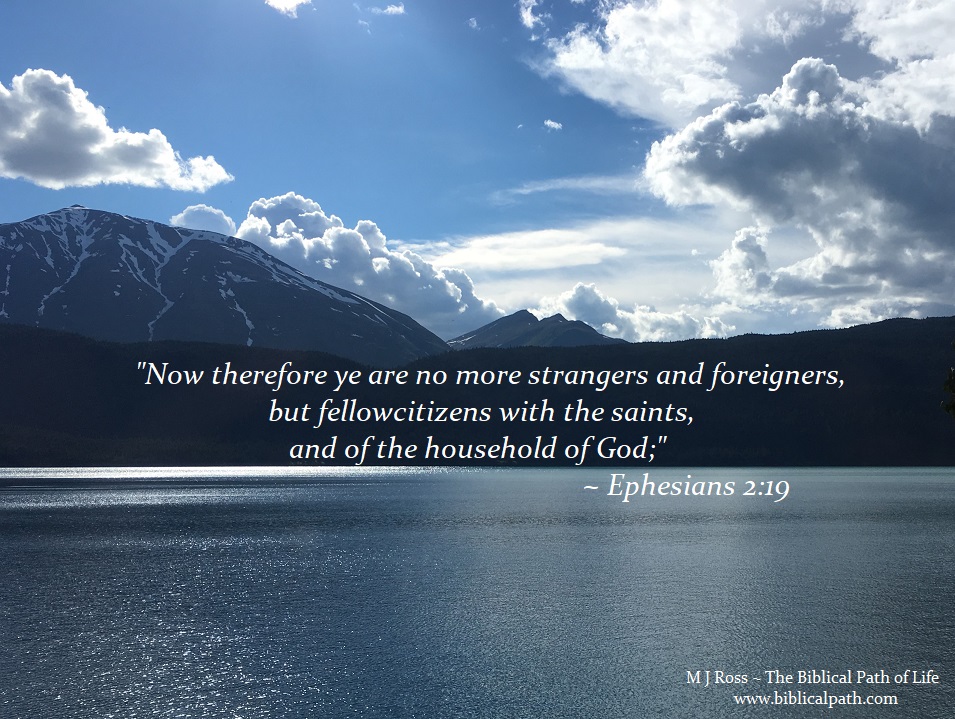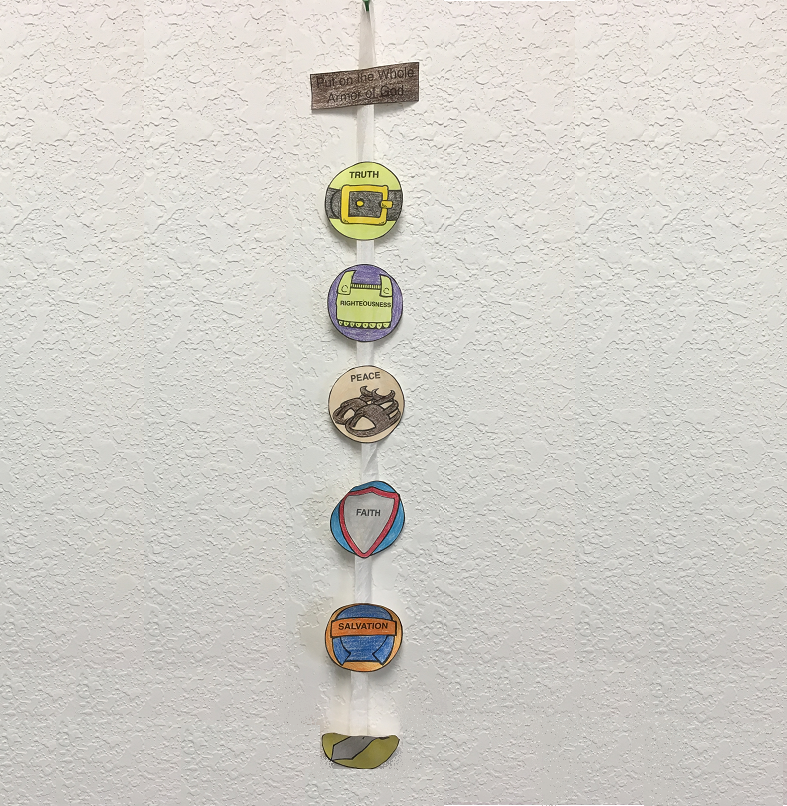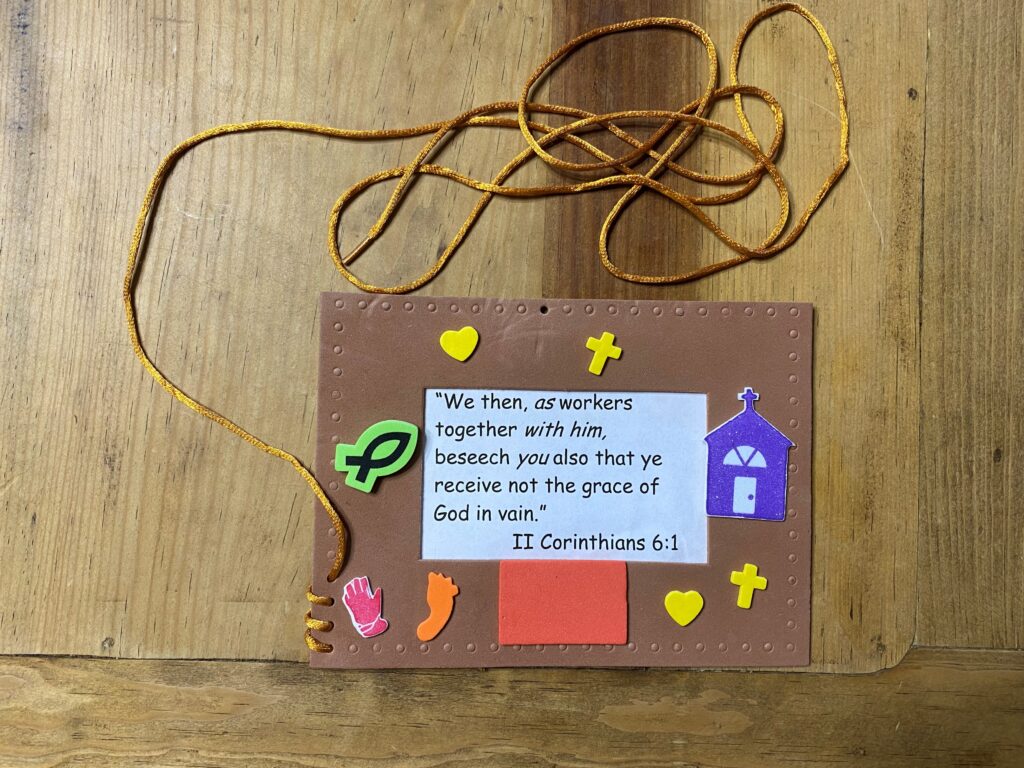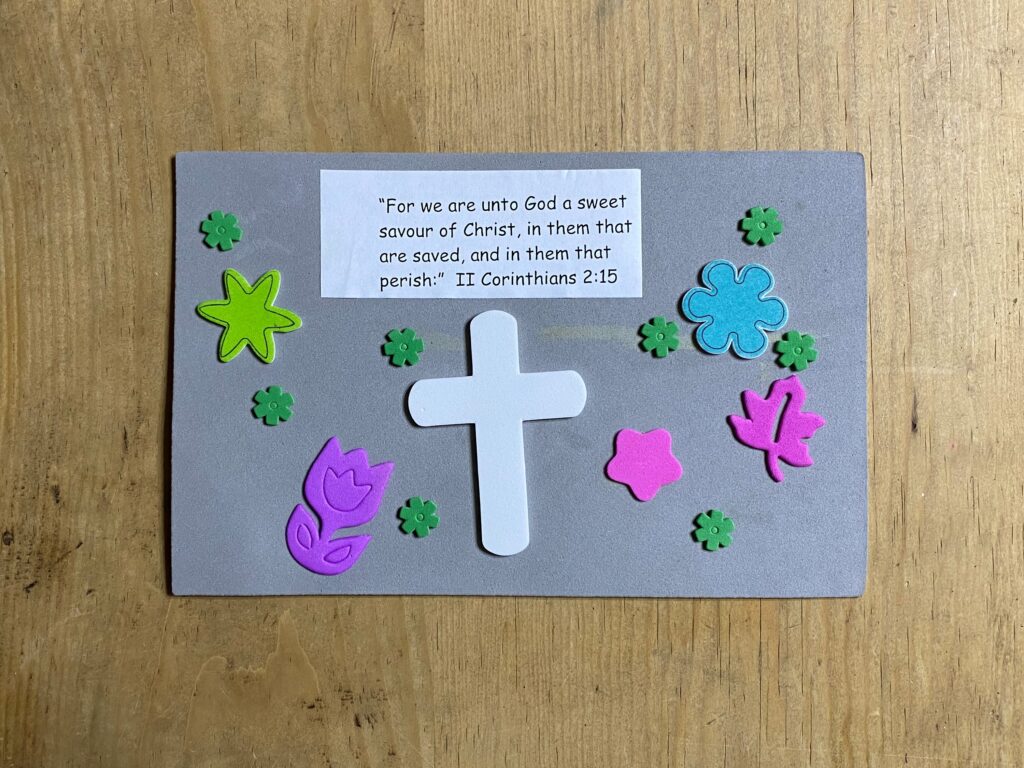
Key Verse
All scripture is given by inspiration of God, and is profitable for doctrine, for reproof, for correction, for instruction in righteousness:
—2 Timothy 3:16
Key Verse Thought: Read the Key Verse. After reading this verse, understand that this verse is the basis of the study for this lesson. We will begin to recognize the importance of God’s Word.
Emphasis: We are to allow God’s Word to teach us, become known to us, correct any wrong living, and instruct us in the right way to live a life pleasing to God. Next, we are to recognize the importance of becoming less like the world and more like Christ.
Lesson Summary: As we complete the third division of the New Testament (Nine Letters by Paul to the Gentile Church), we have learned much. One important thing is that the message of salvation never changed from the writings in the Old Testament to the New Testament (remember that Abraham looked forward to Jesus before the Law was even written, and people today look back to Jesus). Another important thing is that God has always expected His people to obey His Words (from Adam and Eve in the garden, to the Israelites in the wilderness, to Christians today).
In this lesson, we will begin to understand how organized God’s Word is in His instructions to Christians. First, we learned the foundational truths of Salvation by faith in Jesus (Romans). After which, the basic principles of Christian living are recorded, including correction for failures in living a Christ-like life. In addition, when false doctrine was being taught, letters of correction were written to stop the damaging effects before they could begin. When Christians began to live right lifestyles, deeper doctrinal truths were revealed to continue their growth in that Christian life. Each Christian is to understand the importance of continually growing stronger in their relationship with Jesus, becoming more Christ-like in order to be a better witness to others (a light to the world so others can be saved). Paul wrote that Christians are to never become weary in living a true, Christ-like life. Moreover, each Christian is to work until Jesus comes (for He could return at any moment!).
To help us understand all of these things, we will begin with 2 Timothy 3:16. This verse is almost an outline for the writings in the Third Division of the New Testament. In this verse, we can recognize God’s hand in not only the writings themselves, but also the order we find them in our Bible. Each book can be understood as progressive steps of growth for each Christian life.
Y3Q3 – Lesson 13 Questions
Y3Q3 – Lesson 13 Children’s Worksheets
The Biblical Path of Life – Year Three, Quarter Three is available through Amazon.


















